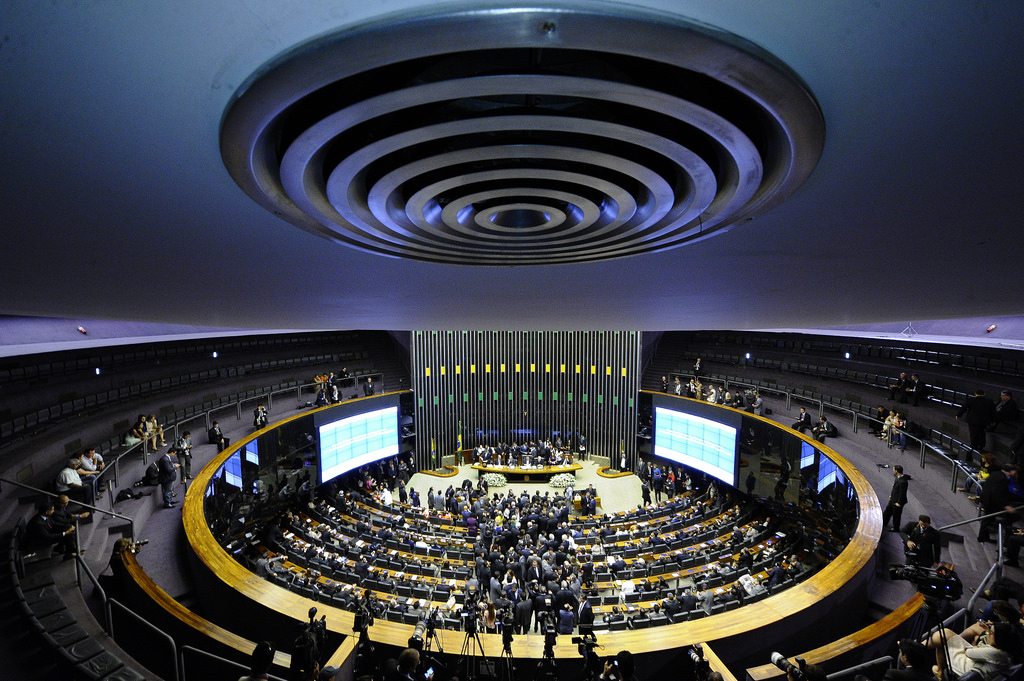RIO DE JANEIRO, BRAZIL – Brazil’s Chamber of Deputies, approved on Tuesday, May 4th, a bill to repeal a security law in force since the military dictatorship (1964-1985) and used by the government of Jair Bolsonaro to investigate critics and opponents.
The proposal, which the Senate must now analyze, seeks to bury the so-called National Security Law, enacted in 1983, which defined a series of crimes against “the political and social order”, including those committed against the figure of the head of state.

“The deputies have done something historic by changing an old concept that needed to be revised”, celebrated the president of the Lower House, Arthur Lira.
The approved text also would include in the Penal Code ten specific crimes against the democratic rule of law, including the mass dissemination of fake news in elections and the violation of the right to demonstrate.
The debate around the controversial National Security Law has grown during Bolsonaro’s mandate, especially since the arrest on February 16, ordered by the Federal Supreme Court (STF), of a Bolsonaro supporter, federal deputy Daniel Silveira, for serious threats and insults to STF Justices.
Bolsonaro’s Minister of Justice relied on that statute to investigate critics of the president, among them YouTuber Felipe Neto, journalist Ricardo Noblat, cartoonist Renato Aroreira, lawyer Marcelo Feller and more recently indigenous leaders Almir Suruí and Sonia Guajajara.
In the case of Neto, the Brazilian Police summoned him to testify for calling Bolsonaro “genocidal”.
In March, the newspaper ‘Estadao’ showed in a report that the number of proceedings opened to investigate possible crimes against “national security” increased by 285% in the first two years of Bolsonaro’s government, compared to the same period of Dilma Rousseff’s and Michel Temer’s administrations.
According to the newspaper, there were 20 investigations based on that law between 2015 and 2016, and 77 between 2019 and 2020, when Bolsonaro, openly nostalgic of the dictatorial period, was in power.

